In 1952, no one could have imagined that a library in a rented building in a small town in Central Macedonia with 50,000 inhabitants, would get to define a city.
In this small public library everything looked normal. People used its reading room, borrowed books, but no one would see its book shelves. Students would use it to read encyclopedia or do school work.
In 1990, John Trochopoulos is appointed director of the Veria public library, When he was young, he would go there to do his homework. His father was a grocer in town. Trohopoulos studies law and in 1985 is appointed as a clerk in the city library. When he went to Britain, he was impressed by people flooding local libraries. This image will change his life, along with the lives of those around him. It will change his city. Veria will never be the same.
The first thing he did after assuming his duties was to launch the bookshelves. These shelves are now open to the public. During his tenure accessibility became simpler, extroversion became a slogan, technology became part of everyday life. Assuming his position as director of the Public Library coincides with the development of technology. In 1997, the library becomes the first one in Greece to acquire a website. Even better, an e-mail address. History is in the making – in a digital form. Now everything is digital. Communication with the most modern libraries abroad creates an environment in which automation is developed. Visitors get there to learn how to use Microsoft Office, log on to the web, prepare a Power Point document. These sophisticated workshops, remain very popular today.
Anything related to digital development can be found there. People who have never borrowed a book in their life, get to the library to browse the internet, conduct their resume, learn how to archive. During the last three years of the economic crisis, people get there to fill in unemployment forms, pay their taxes digitally – the library has turned into an official assistant for public petitions.
“Anyone who comes here will be served. We want to make people’s lives easier, “says Aspasia Tasiopoulos, librarian in charge of the library’s communication section. “Not our responsibility” is a phrase that does not exist in the library’s vocabulary.
A child of Veria, Tasiopoulos’ childhood is associated with library books, and her adult life with the world visiting the library on a daily basis. She is just one of the employees who consider themselves privileged, whose nature of their work transforms them and they, in turn, transform the lives of daily visitors. Speaking of faces, George Chionidis, a former lawyer, MP and city historian with great erudition, acted as president of the library for nine years. Even today, at the age of 82, he is advising the library on books that should not be missing from the shelves.
In 1999 the Library building changes. It moves to its own building, in the city center. Trochopoulos, along with Michael Dewe, an English expert in landscaping libraries, and the help of the British Council, completes the architectural study of the building used exclusively as a library, which is not often the case in Greece. It is a three storey building with two basements. Three of its levels are dedicated to the public. On opening day, he donates the library 1,100 books. The new environment is clearly more attractive. Its steady growth is enhanced by the creation of mobile libraries. There, visitors can watch films and CD-Rom.
In 2010 the library is nominated for the Gates Award for the third time in its history, and wins among 350 libraries worldwide. The awarded amount of $1,000,000 that goes with it transforms the library into one of the most modern in Europe – complete with the installation of photo-voltaic cells and a full upgrade of its technological equipment.
Veria is not a rich city. Unemployment reaches nearly 30%. Downtown shops are closed and children need to borrow all their school books. So they go to the library and borrow a tablet, or even a digital camera for their hobby – they even take photographs of the occasional social event. They can book a room with their friends, where they can talk or read, skype their families abroad, record, make videos, or borrow books automatically with the RFID system.
Adults visit to read their daily newspapers, convert their vinyl albums to CDs, learn how to print in a 3D printer. They can scan necessary documents (photocopy is history), while children with learning difficulties and dyslexia can enjoy listening to texts converted into voice.
The Library needs €100,000 to complete its programs and has chosen crowdfunding to achieve its goal. It has already gathered €40,000 in the two accounts it has launched, which can be found on the library website. It needs the extra €60,000 to buy a piano, to create an animated stage in the hall, to buy counters for cooking seminars. It will be the first library in the country to create such activities. Amounts large or small are arriving from all over Greece, with most moving notes. Five and ten euro notes from people who have seen, heard or experienced the library and have stories to tell about it.
Take a walk in Veria and you’ll see that the library bag is more popular with the town citizens than the usual supermarket ones. In 2015, books, magazines, DVDs, CD-ROMs, kindles and table games borrowed by the Veria library amounted to 2,943,633. It’s like food. It is the intellectual food of the city. It is the city’s heart.
More info: thetoc.gr
605views
Share on Facebook
 Dark Mode
Dark Mode 

 No fees, cancel anytime
No fees, cancel anytime 


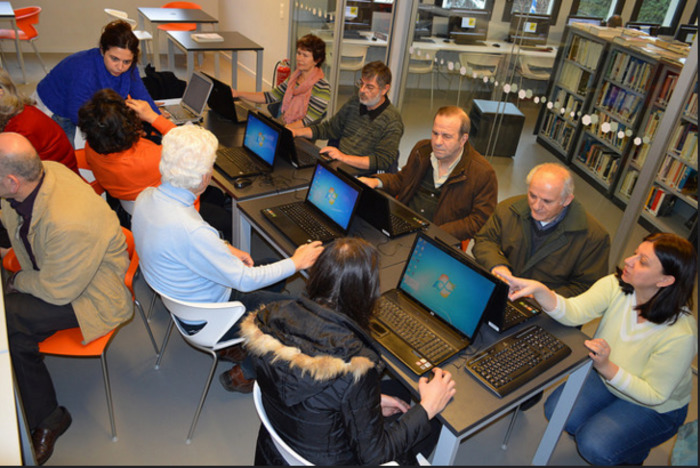
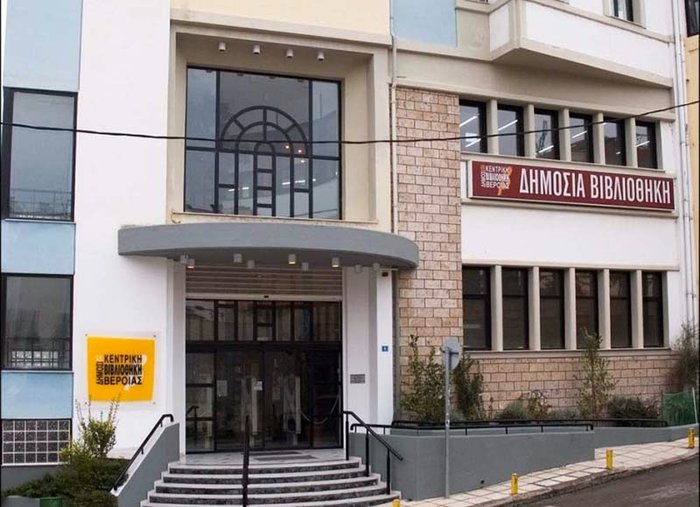
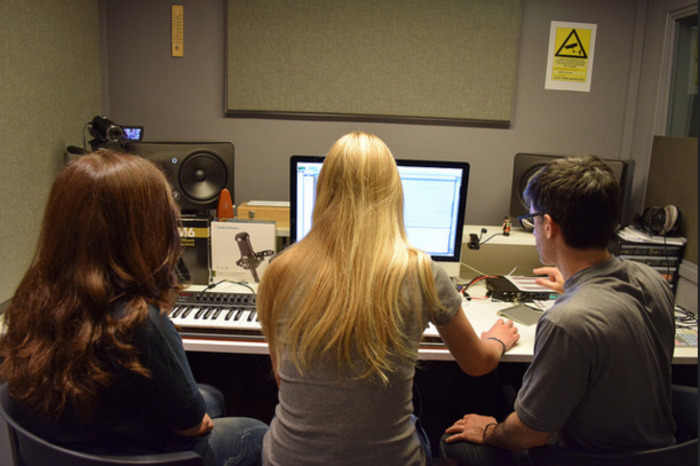
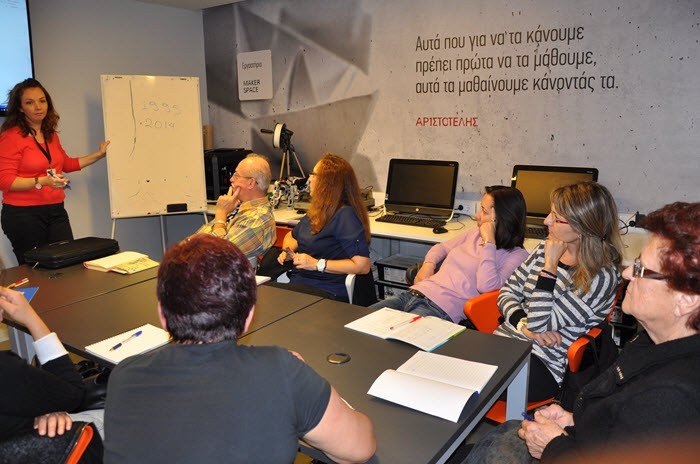
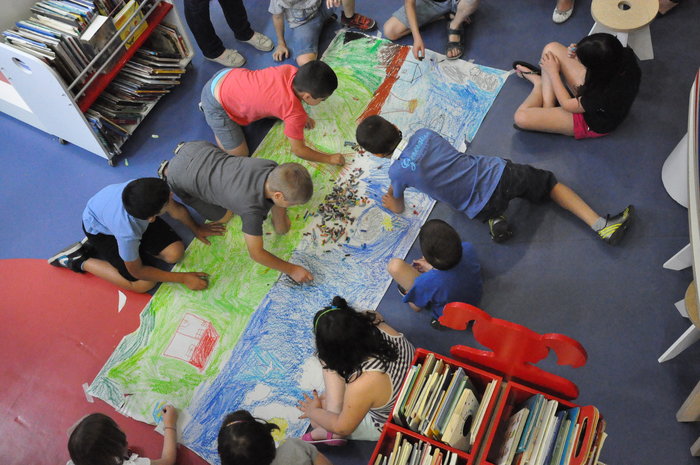

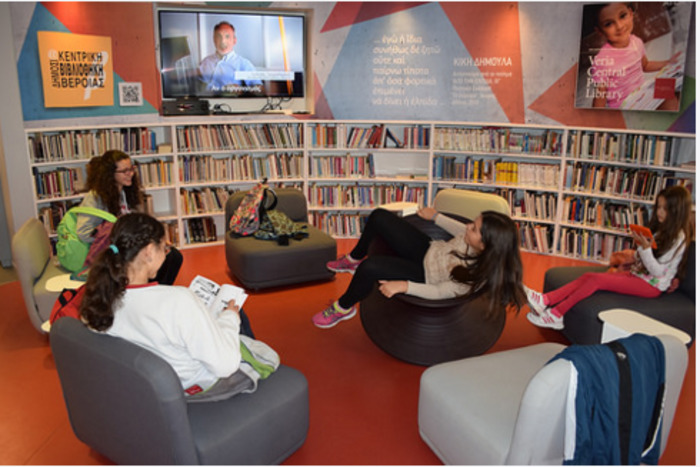
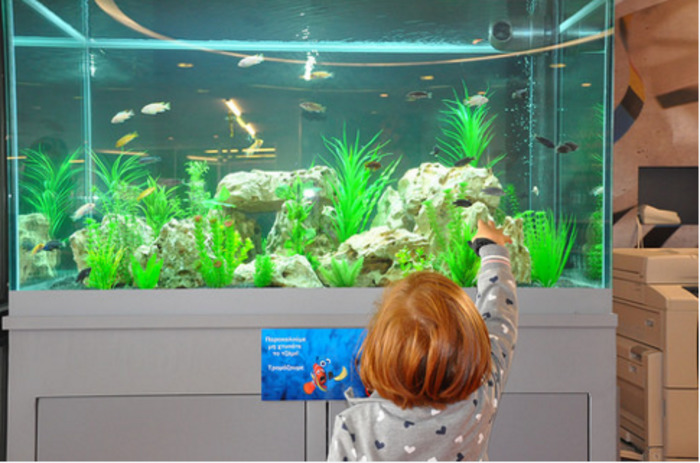
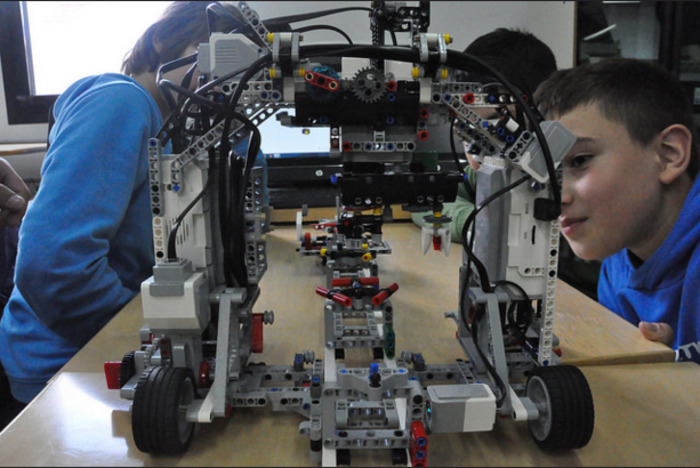






























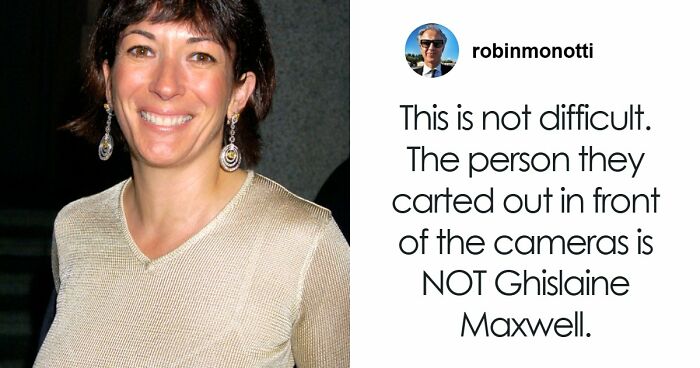

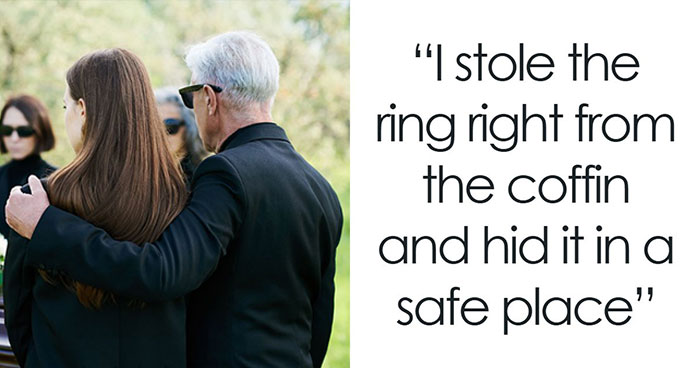










7
0